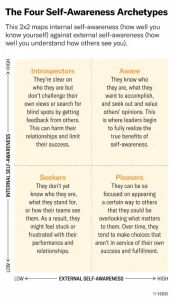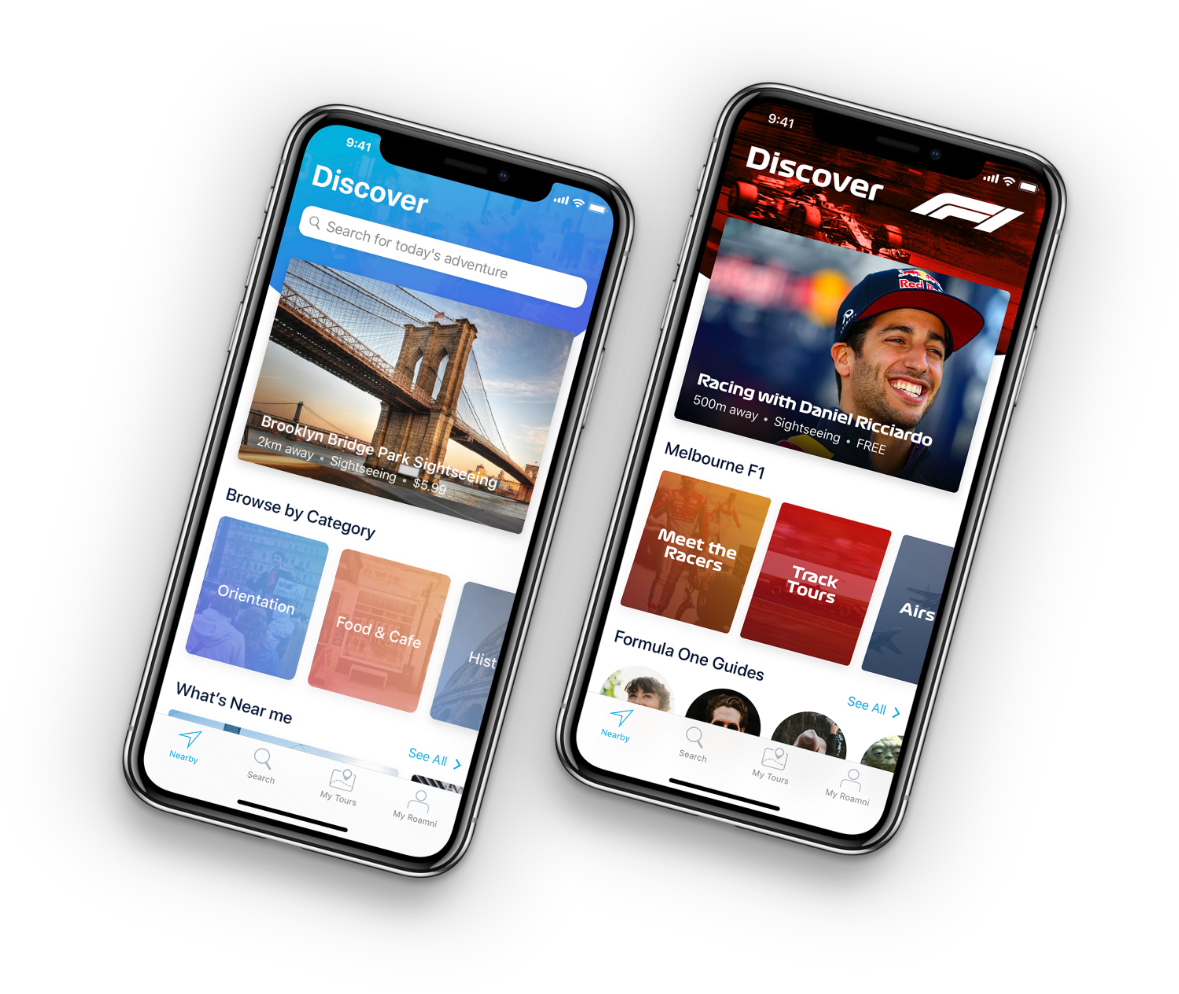Key Questions to Ask a Business Mentor for the Best Insights

Did you know that Steve Jobs sought the help of Silicon Valley experts as early as 12 years old?
Yes, Jobs boldly asked Hewlett-Packard founder Bill Hewlett for some spare parts.
As you can see, even a kid can approach someone more knowledgeable for help. Likewise, you can benefit from a mentor-mentee relationship.
But there is an art to determining what questions to ask a business mentor and how to ask such queries. This article will help you with the right interview ideas and techniques to ensure you get the advice that will most help your business.
In this blog, I will discuss:
- Questions to ask your mentor as categorized into the following topic categories:
- How to prepare for a meeting with a mentor
Read on to discover practical questions to ask a business mentor to help you gain actionable advice, refine your strategy, and accelerate your business growth.
Questions to ask your business mentor (classified into 5 topic clusters)
My professional experience as a customer support specialist taught me that making interactions natural lets me get what I want from customers.
Likewise, in a mentor-mentee relationship, the smoother your communication with your mentor, the more insights you can gain from them. To achieve this, begin by asking questions related to your mentor’s personal stories.
In his landmark book How to Win Friends & Influence People, Dale Carnegie notes that people tend to love talking about themselves. Showing genuine interest in your mentor’s personal experiences and achievements builds rapport and makes them feel valued. The more valued your mentor feels, the more likely they can provide you with valuable insights.
That’s why, for a more impactful mentoring session, start with personal questions to create a connection with your mentor before diving into more practical questions on the following topics:
- Business scenarios
- Business strategy
- Mentee self-awareness
- Mentee skill building
Mentor stories
During your first mentoring session, make your mentor feel comfortable. Ask them questions that will make them recall memorable anecdotes and events about their life and their business. After all, successful people often enjoy talking about their lives. Some story-related questions you can ask may include:
- Have you always dreamed of having your own [insert mentor’s business here]? At what stage in your life did you first think about this? What was your situation back then?
- What aspects or learnings from your professional life were you able to successfully implement in your business?
- How did your business achieve success? How did your personality traits contribute to this achievement?
- How and where do you find inspiration to keep your business running?
- What values are you proud to uphold? How have they changed since you established your business?
- Can you share a time when you made a mistake and felt like you failed in running your business? How did you recover?
- What events in your life made you comfortable with taking risks?
The interview below is a classic example of how asking story-related questions can elicit deep insights from an industry leader. As you will also notice in the video, the interviewer knew something about the company founded by the interviewee. This ties in well with what I discussed earlier about conducting prior research before meeting your mentor.
Source: YouTube Channel of Fortune Magazine
Business scenarios
Once you feel that your mentor is relaxed after sharing their personal stories, you can now dig a little deeper into the conversation with more specific requests. During the middle part of your mentoring program, present your mentor with questions related to business situations where you need guidance. Queries such as the following can be a good start:
- Last week, I tried to delegate a task, but it didn’t go as planned. Can you help me figure out what I should do differently next time?
- What’s the best way to stay connected with key influencers who aren’t in the same office or location as me?
- What is the best way to persuade my employees to support a new project or program?
- How do I become more strategic in my work if employees in operations keep escalating problems to me?
Business strategy
High-level business strategy is also a critical subject to discuss in a successful mentoring relationship. After all, you need to acquire insights on effective planning from your mentor to ensure your organization does not waste its time and resources on unsustainable initiatives.
Asking your mentors the questions below can help you design a more sustainable and pragmatic vision for your business and align all your resources and efforts toward this vision.
- Can you comment on my company’s vision? Does it align with the practical aspects of our daily operations?
- If you could improve my mission statement, what would you change? How can I better align it with daily tasks and workflows?
- How do I create a culture of responsible leadership from the top to the bottom of my organization?
- Could you share some strategies you’re using to drive business growth? What marketing approaches and organizational models would you recommend to boost income and market share?”
- I’m considering diversifying my business. What’s your perspective on this approach? Which industries or product lines do you think would be promising to explore?
- How much cash should I use to pay for debt? How much should I keep on hand?
- What strategic problems or issues have we failed to address? Do you know another mentor who can guide me on these unresolved matters?
Questions on business strategy are so important that our product managers address them when helping clients develop web and mobile applications. Contrary to the idea of many, building apps is as much a question of business strategy as it is a technical endeavor.
Ever imagined customers flocking to your business through web browsers and mobile phones? Before costs and complexity scare you, why not ask us like you would a mentor? Book a free consultation with us, and, who knows? App development might be the strategy shift you need to scale new heights with your business or even set up an entirely new app business.
Speaking of strategy, it’s not enough that your mentor inquiries revolve around this subject alone. When prioritizing questions to ask a business mentor, you also need to cover queries that will help develop you—your mind, your attitudes, and your skills.
Mentee self-awareness
One of the best things you can do for yourself is to develop external self-awareness—the ability to understand how others see you. If you’re happy with that perception, you can work on enhancing it. If not, you can take steps to improve it to better align with your business goals.
Start by asking your mentor the straightforward question, “How do you think others perceive me?” Then, dive deeper by asking for specific feedback on how your actions and communication influence others’ views. When seeking feedback from your mentor, consider exploring Loom alternatives for recording and sharing your conversations to enhance the feedback process. This way, your mentor can help you gain valuable insights.
As you delve deeper into the conversation, other questions to ask your business mentor to improve external self-awareness may include:
- What are my key strengths from your perspective?
- What blind spots do you think I have, and how can I work on them?
- How does the leadership team of my business view me?
- What feedback have you heard about me when I’m not around?
- Could you provide suggestions for enhancing my executive presence?
- Do you see me as more strategic or tactical in my everyday communication?
- How could I have expressed my idea more effectively?
- How well did I communicate when I presented at the last meeting? Did my style align with the message I intended to convey?

Source: Harvard Business Review
Mentee skill building
It is easy to forget that business leaders also need to develop soft and hard skills.
Soft skills help you develop the right personality traits and attitudes to thrive in your business, while hard skills enable you to use tools and perform the day-to-day tasks required of a business owner or manager.
Have you ever taken stock of your skills in areas like project management, long-term strategic planning, delegation, or public speaking? If you haven’t, it’s time to ask your mentor questions that can help you better assess skill gaps that prevent you from running your business better.
These are some questions to ask a business mentor on the matter of skills development:
- What new skills do I need to move ahead in my career? Do I need to focus on leadership skills or technical skills?
- Did you ever experience impostor syndrome? How did you manage to overcome it?
- How can I improve my ability to manage people who do not report to me?
- What habits have you found to be most effective in boosting productivity?
- Could we role-play scenarios like me giving constructive criticism to a subordinate or having hard conversations with staff members?
- What practices can you suggest for managing nervousness when speaking to groups?
- What’s a good methodology or tool for any of the following?
- Managing projects
- Tracking team commitments
- Monitoring finances
- Writing business plans
Knowing what questions to ask your business mentor is just one piece of the puzzle. Another crucial element is preparing your mind, attitude, and materials before your meetings with your mentor.
These preparations can leave a positive first impression on your mentor and make subsequent sessions as pleasurable, seamless, and beneficial as possible.
Let’s discover how you can make the proper preparations to get the best out of your mentoring interviews and sessions.
Preparing to meet your mentor
It’s important to note that, at this point, you have already reached out to a mentor and gotten their go-signal for further interaction with you. If you don’t know how to look for an expert who is willing to give you business advice and encouragement, check out our article on how to find a business mentor.
Once you find the ideal mentor, show them that you care by thoroughly preparing yourself and your materials before meeting with them. Conducting prior research, managing your ego, clearly identifying your goals, and organizing your mentoring sessions can foster a more pleasant relationship with your mentor.
The more desirable your relationship, the more likely your mentor will give you valuable answers when you ask them questions.
Conduct prior research
Before meeting with a business mentor, it’s important to research their background, much like you would before a networking event or job interview.
Review their LinkedIn profile to understand their career journey and conduct a quick online search to learn about their recent accomplishments. Doing this not only helps you identify the specific insights they can offer but also shows your dedication to the mentorship and respect for your mentor’s time.
Manage your ego
Remember that you don’t know your mentor as much as you know your peers. So, the way your mentor gives you feedback may offend you.
Of course, don’t stay in a mentor-mentee relationship if you’re seeing a repeated pattern of rudeness or highly abusive treatment during feedback sessions. But you have to have the self-awareness to process constructive criticism, even if it is packaged in words that are more direct than what you’re used to.
The video below shows some nifty tips on how to get value out of negative feedback.
Source: YouTube Channel of Enhance Training
Receiving feedback from a mentor who isn’t part of your established circle offers a valuable chance to uncover your blind spots and discover areas for improvement. The benefits of an outsider perspective are so crucial that many scientific innovations and business quantum leaps have become possible due to the synergy of insider knowledge and outsider insights.
Clearly identify your goals
When seeking advice from a business mentor, it’s crucial to show appreciation for their time by thoughtfully considering the kind of mentoring relationship you want.
Ask yourself why you need a mentor. Are you looking for guidance on how to manage your workers? Do you need help increasing revenue? Is it necessary to develop a particular skill within a set timeframe to ensure the successful growth of your business?
Whatever your reason, setting clear short- and long-term goals will help you determine what you hope to achieve through mentorship. To clarify your goals, ensure they are specific, measurable, attainable, relevant, and time-bound (SMART). You and your mentor can collaborate to refine these goals together.
Some examples of SMART goals:
- Interviewing three industry leaders by next quarter
- Reading a relevant book before the next meeting to discuss its key takeaways
- Finishing a management or accounting course by the end of the month
- Volunteering for a project to develop a new skill.
The video below shows how to apply the SMART framework in setting up certain business goals.
Source: YouTube Channel of Masters in Marketing
Organize your mentoring sessions
When asking someone to be your mentor, remember that they are likely experts in their field. That’s why you should value their time and knowledge. While you should take the lead in establishing relationship and communication rules, it’s crucial not to dominate the relationship.
Consider how often you’d like to meet and the duration of the mentoring relationship. Once you’ve decided, communicate these preferences with due respect and consideration to your mentor to set clear and reasonable expectations in an equitable manner. A simple question like “What do you think?” shows consideration and respect for another person’s time and thoughts.
Additionally, ask about their preferred communication method to ensure you’re respecting their boundaries, like avoiding weekend texts if they prefer weekday emails.
Question the status quo
Knowing what questions to ask your business mentor is just half of the equation. The other half is all about balancing humility, initiative, and compassion as you relate with your mentor. Put all these together, and you get the most out of a mentor-mentee relationship.
Knowing how and what to ask your business mentor helps you find better answers to your problems or concerns. But questioning the traditional way of growing businesses can be just as enlightening.
For instance, does merely increasing social media presence or buying more advertising space effectively expand your market share or revenue? Will adding more physical stores or employees do the trick?
In an age of rapid digital transformation and increased Internet connectivity, app design and development are cost-effective ways to expand your business. With increased digital connectivity, mobile and web apps serve as additional stores, demand generators, or even customer experience enhancers without the pain of constructing additional buildings or paying more staff.
We at Appetiser Apps are ready to answer your questions as a mentor would a mentee. Book a free consultation with us and let’s build your dream app together.
The answers that await you are just one call away, so don’t hesitate to reach out to us!

Jesus Carmelo Arguelles, aka Mel, is a Content Marketing Specialist by profession. Though he holds a bachelor’s degree in business administration, he also took courses in fields like computer troubleshooting and data analytics. He also has a wealth of experience in content writing, marketing, education, and customer support.


